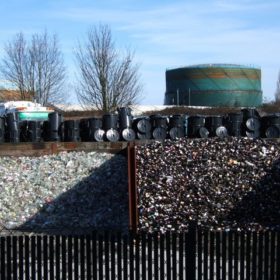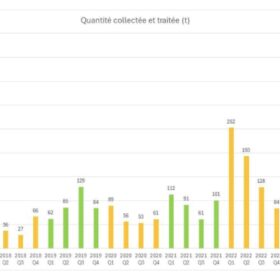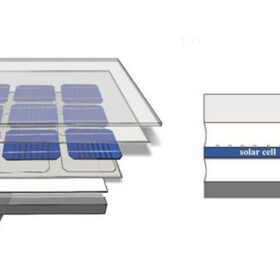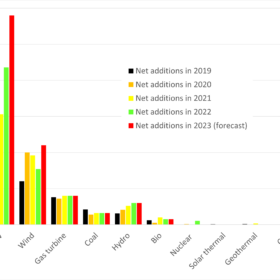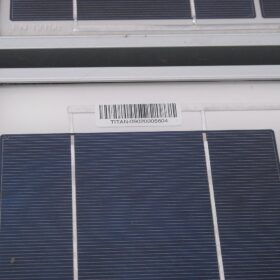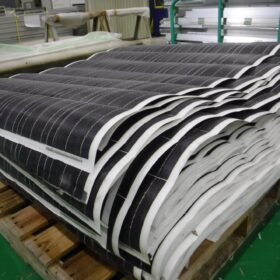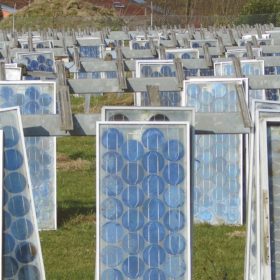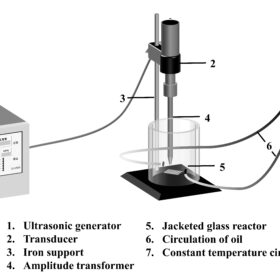AGL partners with Elecsome on solar panel recycling plan
AGL Energy has teamed with solar panel recycler Elecsome to explore the development of a PV materials recovery facility at the site of the coal-fired Bayswater power plant in New South Wales, Australia.
PV Cycle Belgium claims 404 tons of recycled solar panels in Q1
PV Cycle Belgium says it collected and processed 404 tons of solar panels for recycling during the first quarter of this year. It notes that the number of solar panels it has collected over the last five years has more than quadrupled.
New decapsulation tech for solar module recycling
The Chinese Academy of Science has developed a new technique that uses non-toxic lemonene as a reagent to control the degree of EVA expansion during the decapsulation process of end-of-life photovoltaic modules. The proposed approach reportedly achieves the complete delamination of glass and backsheet without excessive damage to the solar cells
Solar panel waste is not a significant problem
Solar panel waste will not be a problem because there is so little of it. However, there is a short-term problem in some places because panel deployment is growing fast and recycling is playing catch up.
How to build, finance product stewardship scheme for photovoltaic panels
Researchers in Australia have provided a series of recommendations to set up regulatory frameworks for PV module recycling and reuse. They said that, as a rule of thumb, landfill bans, tracking of the panels’ serial numbers, and a clear definition of ownership should always be included in the legislation for end-of-life solar products.
Advancing circular economy in photovoltaics: The Hot Knife PV module recycling method
Recycling is of significant importance in a circular economy, yet some challenges have to be faced when recycling PV modules. The novel Hot Knife method to separate the crystalline silicon photovoltaic module front glass from the backsheet contributes only a few permill to the life cycle related potential environmental impacts of PV electricity.
New technique to recover lead in end-of-life solar panels
A research group in the United States has developed a process to recover lead in its metallic form so that it can be reused in the PV industry. The process relies on a leaching solution based on a combination of acetic acid (CH3COOH) and hydrogen peroxide (H2O2), which the researchers said leaches the lead ‘in a matter of minutes.’
Australian team claims 99% recovery rate with solar recycling process
Engineers at the University of New South Wales (UNSW) have developed a new, more effective method to recycle end-of-life solar panels. The technique allows them to quickly and efficiently separate 99% of PV cell component materials.
Solar passports to support PV waste management in India
A new study proposes blockchain-based solar passports to address the PV waste management challenge in India. It says such a framework would enable transparent tracking and verification of PV panels throughout their life cycle.
New technique to recover undamaged solar cells in end-of-life PV panels
Scientists in China developed a novel swelling process to detach glass and EVA backsheets from solar modules at the end of their lifecycle. The technique utilizes an ester of a dicarboxylic acid known as dibasic ester. It reportedly prevents excessive cracking of solar cells.
